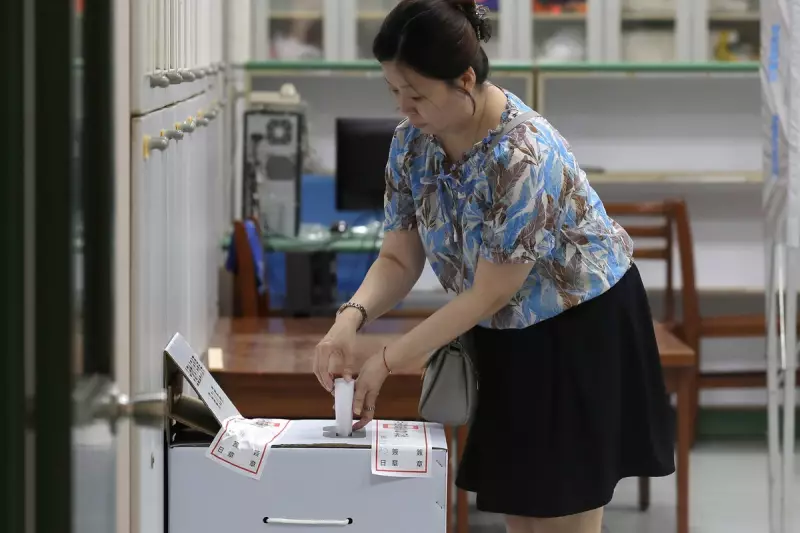
In a landmark decision that reshapes its energy future, Taiwan has officially terminated plans to complete the long-contested Lungmen nuclear power plant. This decisive move comes directly from the outcome of a recent national referendum, signalling a major victory for anti-nuclear activists and a significant policy reversal for the government.
A Vote That Changed National Policy
The referendum, held alongside local elections, posed a clear question to voters: should the government activate the nearly complete Fourth Nuclear Power Plant in Lungmen to address potential electricity shortages? The result was unequivocal, with a majority rejecting the plant's activation, compelling the cabinet to formally abandon the project.
The Long-Standing Controversy of Lungmen
The Lungmen plant has been a focal point of political and public debate for over three decades. Plagued by construction delays, massive budget overruns that ballooned to NT$283 billion (£7.5bn), and persistent safety concerns—especially heightened after the 2011 Fukushima disaster—the project faced fierce opposition. This led to widespread protests and ultimately a construction halt in 2014.
Government's Response and New Energy Direction
In response to the public's mandate, Premier Su Tseng-chang stated the government would now "respect the referendum result and handle the related matters accordingly." This means de-fuelling the plant and beginning the process of decommissioning. The administration is now tasked with navigating the aftermath, including the colossal sunk cost and the challenge of securing alternative energy sources to ensure a stable power supply without relying on nuclear expansion.
Broader Implications for Taiwan and Beyond
This decision solidifies Taiwan's commitment to its ambitious goal of becoming nuclear-free by 2025. It represents a profound shift in the island's energy policy, moving away from traditional baseload power towards a greater emphasis on liquefied natural gas (LNG) and renewables. The outcome is also seen as a testament to the power of direct democracy in shaping critical national infrastructure and environmental policy.




